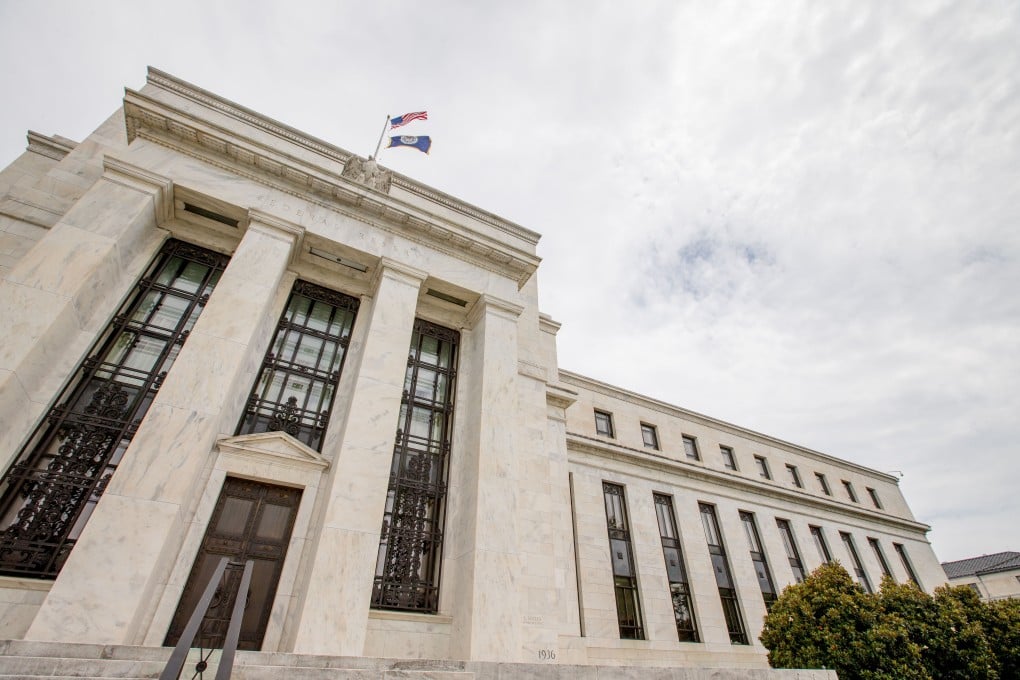Macroscope | Fed losing market power; taking not making prices

The Federal Reserve appears to be reacting to events outside its control rather than setting the agenda in financial markets.
The Fed’s decision to delay raising interest rates at its September meeting, tied in part to concerns over China, unsettled investors, leading some to conclude that not only was the world’s most powerful rate setter hard to predict but that it was far less able to counter changes in market sentiment.
In past years the Fed, whatever its other struggles in balancing employment and inflation, has been a reliable power, dampening down anxiety when markets become jumpy.
That reputation, won by its heroic efforts during and after the 2008 financial crisis, was predicated on the faith of investors that, though economies are messy and don’t always respond directly to policy, markets on the other hand will more or less do the Fed’s bidding.
That was probably always naive, though as it proved time and again to be a profitable strategy, the axiom among market participants was "don’t fight the Fed".
By acknowledging that it is being steered by opaque and often bizarre events in China, the central bank tipped the weakness of its own hand.
